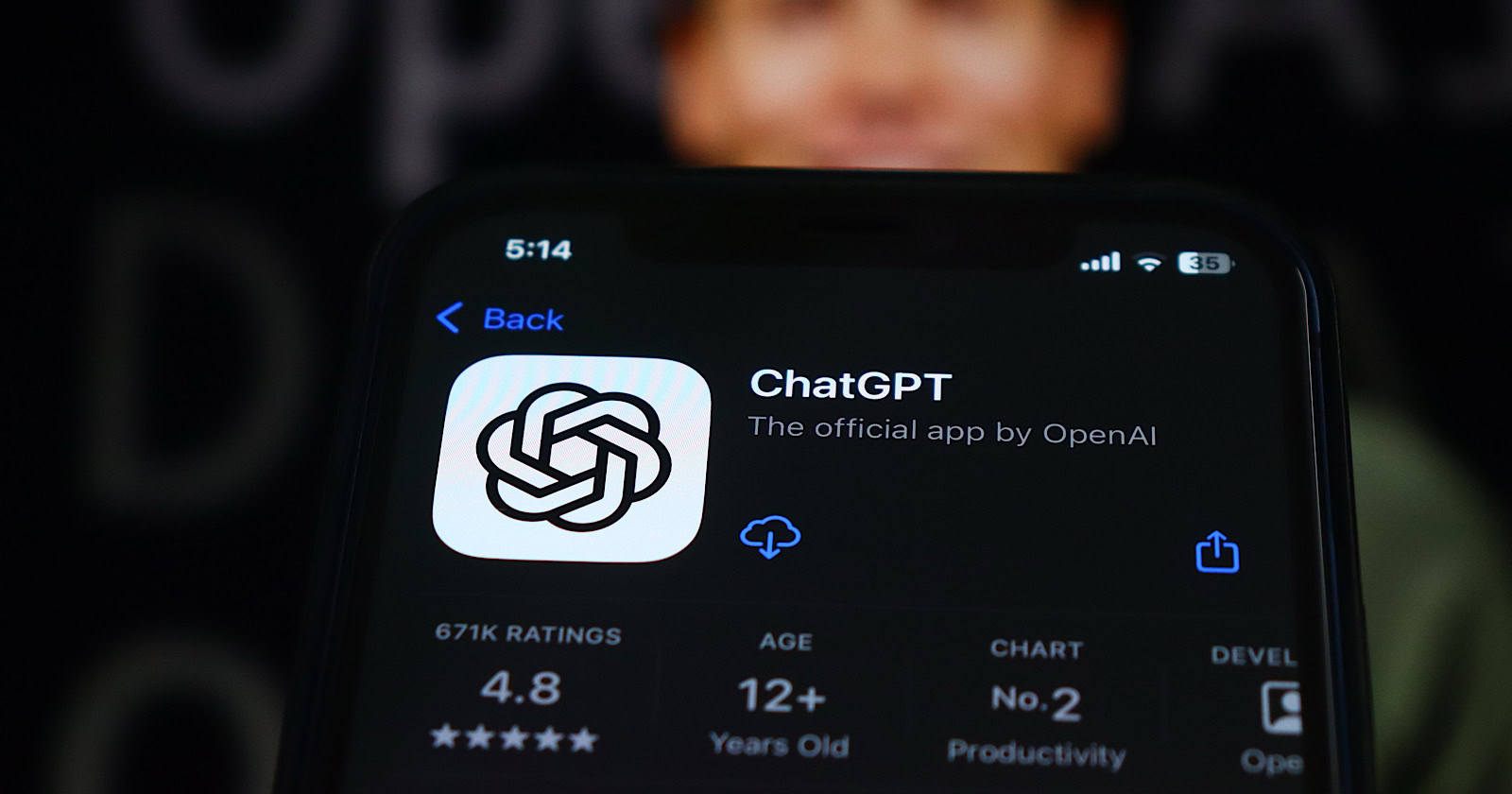What Gen Z loves—and hates—about brand marketing
Hear more from Gen Z professionals at the Ad Age Business of Brands conference on Nov. 8 and 9.

Gen Z is the most diverse consumer group yet. The digitally native generation is known to be well-educated, fickle and often skeptical of marketing efforts. Brands must navigate these complexities to build loyal fans, especially as Gen Z spending power grows.
To better understand what this elusive group wants, Ad Age is bringing a panel of Gen Z marketing professionals to the stage at the Business of Brands conference on Nov. 8 and 9 in New York. They are Ziad Ahmed, CEO and founder of JUV Consulting; Fernanda Albanus, media relations and external communications at SAP; and Fay Shuai, a junior at the University of Pennsylvania and member of the BCG Z Suite.
Ahead of the AMA (Ask me Anything) session, we got their take on which brand strategies are working—and which aren’t. Hear more from the trio at the event and submit your questions here.
What are the three things you’ve seen from brands recently that you love?
Ahmed: “I have been obsessed with when big brands have been able to work really quickly to activate on a current cultural phenomenon (i.e. Mac Cosmetics with Tube Girl or Spotify with the Roman Empire), when brands have really embraced the circular economy (i.e. Coachtopia) and when brands have leaned into a phygital future through really clever technology/experiential activations (i.e. Snapchat).”
Albanus: “Personalization: Brands such as Nike and Amazon have leveraged data-driven insights and AI to offer customized experiences, including Nike By You Custom Shoes. This tailoring enhances brand-consumer relationships, boosting loyalty and satisfaction.
“Cultural sensitivity and inclusivity: Brands embracing diversity and catering to global audiences, such as Popeye’s campaign for 50+ employment opportunities, demonstrate a commitment to inclusivity and respect for different perspectives.
“Technology integration: Brands such as Nike (with Nike By You) have effectively integrated technology to elevate the customer experience. Adapting to evolving tech and innovations such as IoT (Internet of Things), AR (Augmented Reality) and AI (Artificial Intelligence) are crucial elements for brands to captivate audiences and differentiate themselves.”
Shuai: “Firstly, some of my favorite brands have always created unique stories around new collections or new product line drops. It’s hard for me to feel an emotional connection with products (and thus, less incentive to purchase them) unless they have something deeper to them. I see hundreds and thousands of products in real life and on social media every day, but the one to two products that truly make an impression on me always have a story to them and additional facets of complexity (whether that be the history of the product or the way the product was manufactured from raw material to the final result).
“Secondly, I love brands who really see their customers and care about them outside of profit maximization. All brands are always trying to sell something to you, but when was the last time you felt truly cared for by a brand? I ask myself this question all the time, and I’ve noticed that the very few brands I resonate with happen to be the very same ones who have made me feel seen and who have consciously made efforts to listen to me.
“Lastly, I adore brands that emphasize a try-before-you-buy business model. Particularly for skin care, I’ve found myself gravitating toward brands that are happy to provide me with product samples to try for a couple of days, in the comfort of my own home with no obligation to purchase. This level of flexibility and understanding allows consumers to feel more comfortable because you’re being given the choice to try out the product and there’s no pressure to purchase it if you don’t 100% love it.”
What are two things you wish brands would stop doing?
Ahmed: “I wish that brands would stop reading white papers about communities instead of actually building long-term, meaningful relationships with communities defined by co-creation, collaboration and co-ownership. Furthermore, I wish that brands would stop releasing cheugy advertisements that are clearly targeted toward young people—but very evidently had no young people involved in the ideation, execution or vetting of the creative. I think we can do a lot better than where we are at right now!”
Albanus: “Advertising overload: Brands should recognize that excessive online advertising can lead to ad fatigue and negative perceptions. According to CNBC, this issue is particularly pronounced among Gen Z, with 69% actively avoiding ads, compared with a global average of 50%. To maintain positive brand engagement, it's essential to prioritize quality over quantity and find ways to engage audiences without overwhelming them.
“Mindless trend following: Brands should refrain from blindly adopting trendy strategies. For example, creating a Threads account just because everyone is doing the same. Instead, they should prioritize understanding their audience's needs and addressing real problems with more purpose and intention. Focusing solely on short-term profits can hinder long-term sustainability and customer relationships.”
Shuai: “I’m not a fan of paid influencer marketing. In fact, every time I see a paid influencer advertisement, not only does it make me immediately scroll past it, but it also causes me to feel even less incentivized to purchase the product, because the way it’s being marketed doesn’t feel genuine.
“Secondly, it’s apparent (particularly to Gen Z) when brands are hopping on social media trends just for the sake of keeping up with trends. Almost all brands have some sort of root DNA, a core identity that differentiates them from the thousands of other brands that exist, something that makes them special. It’s important that brands showcase this core identity through raw and authentic storytelling alongside more creative, trendy social media endeavors. In this way, brands are staying true to themselves while keeping up with the times.”
Hear more from Ahmed, Albanus and Shuai at the Ad Age Business of Brands event on Nov. 8 and 9. Find out more at AdAge.com/BusinessofBrands.

 ShanonG
ShanonG 































